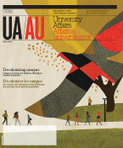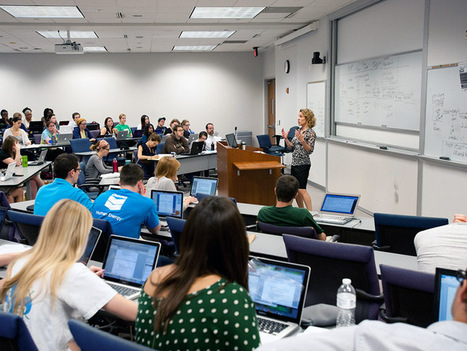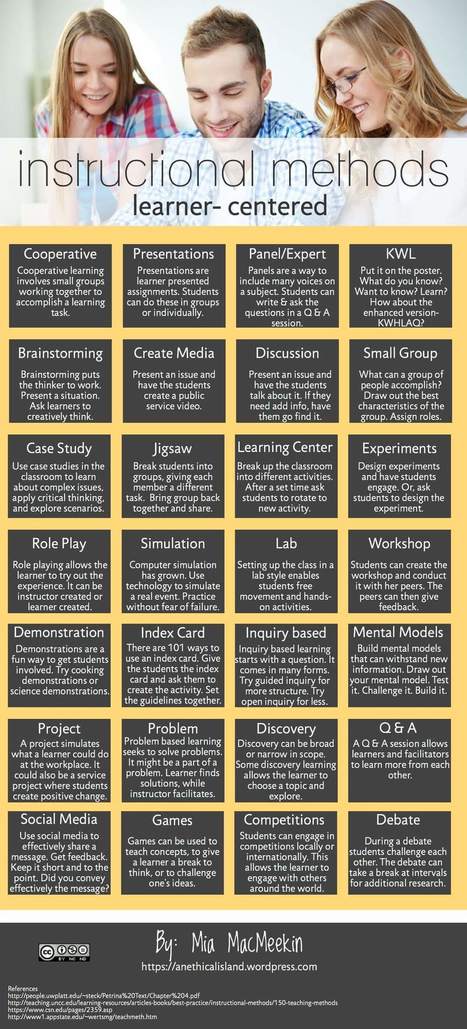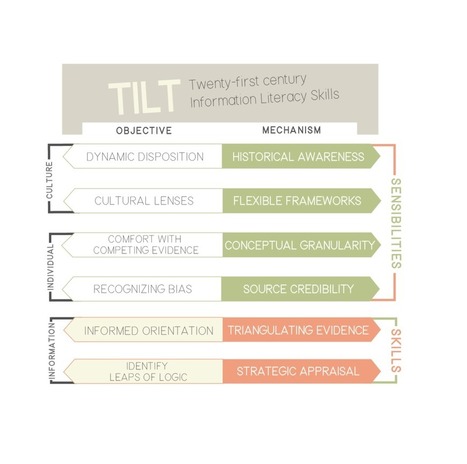Education is a system; teaching is an action; learning is a process.
As such, education requires a self-aware and self-correcting set of processes that respond to changes circumstances at every level—culture, literacy, curriculum, assessment, instruction, and so on. When bullying becomes a pastime. When kids can access libraries on their smartphones.
When technology affords access to digital communities that can make all the difference. Where are education’s correcting factors? New standards and standardized test forms every decade? Pay-for-test-performance?
Education is in the habit of changing for political and imagery and spectacle, when it should inherently bleach politics altogether.
The result of any system of education should be full transparency so that it offers itself up selflessly to the people and communities it serves.
And teaching? It requires human beings who can model the kind of humility and struggle and self-delete that is so often not sustainable for the teachers themselves.
As for the students, it requires an awkward and ironic vulnerability on the part of the learner that makes railing against privilege and imbalance all but impossible until they get to college and see what comes at the end of the conveyor belt and get disillusioned fast.
But those are just the pieces. As a whole, more than anything else, education requires citizenship and democracy—people contributing to and caring for the communities they depend on, and then being accountable for the health of those communities through a shared struggle and affection for one another.
Via iPamba



 Your new post is loading...
Your new post is loading...














